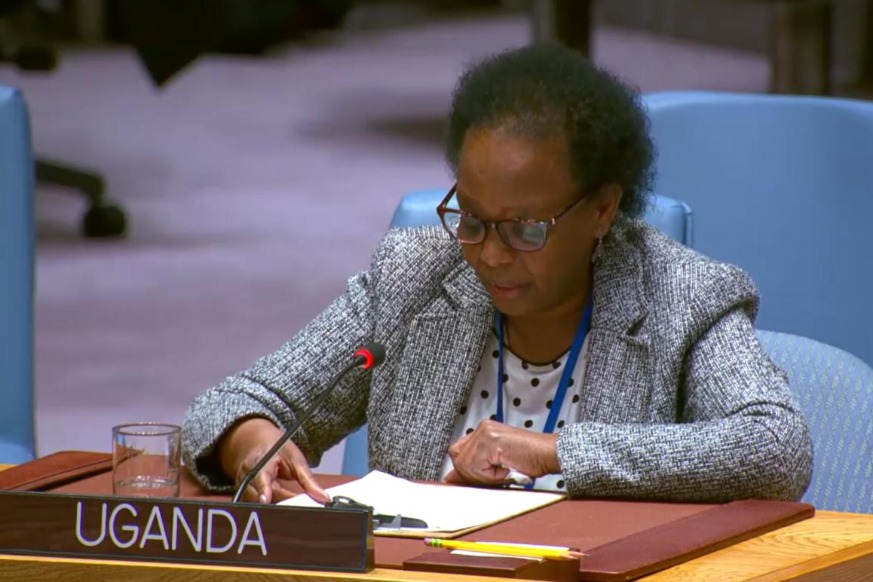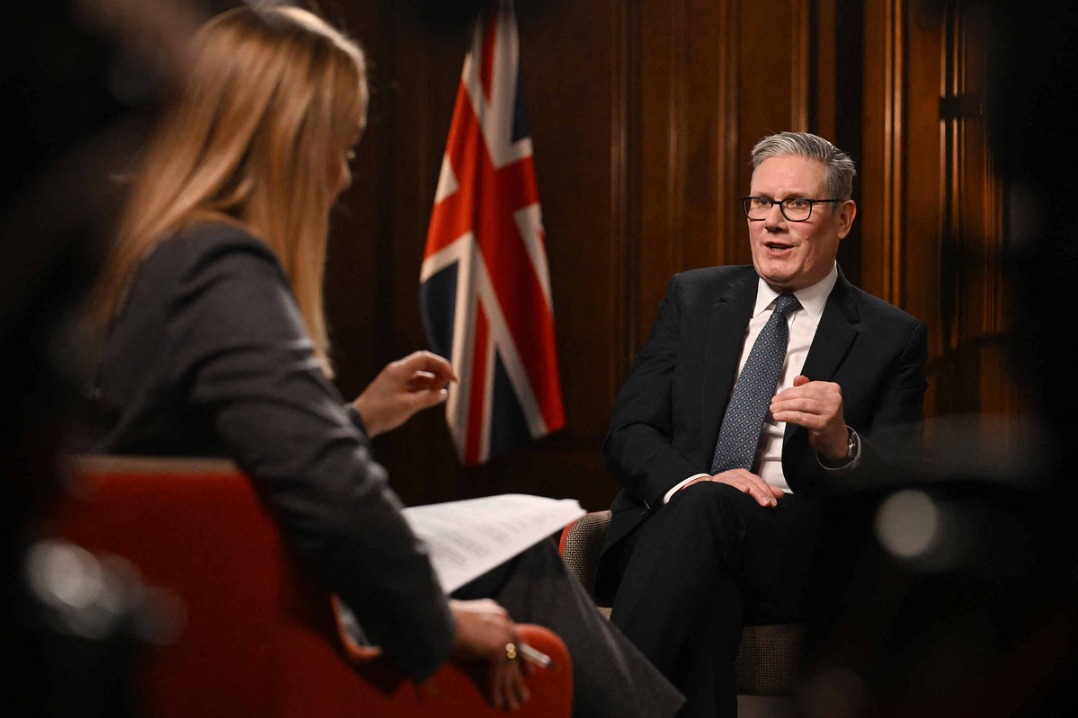Croatia to 'benefit a lot' from entering eurozone


Croatia stands to reap considerable economic benefits when it becomes the 20th country to adopt the euro as its currency on Jan 1, the governor of the country's central bank has said.
In an interview in the Financial Times, Boris Vujcic said that with so much of the country's trade already being done in euros, because of tourism and direct foreign investment, and so many bank deposits being made in euros, replacing the kuna, Croatia's currency since 1994, was a logical step.
"Croatia is the country that stands to profit the most from entry into the eurozone," he said, pointing out that it would eliminate foreign currency risk. "Foreign exchange risk in Croatia is the highest … when your currency depreciates against the euro it means your debt is worth more."
To help consumers adjust, since September prices in shops have been displayed in both currencies, a situation that will continue until the end of next year, and any businesses trying to use the transition to raise prices will face fines.
"The handover is coming at a time when inflation is already high, so the starting position is that Croatian consumers are very price sensitive," Michal Senczuk, chief executive of leading grocery chain Studenac, told the FT. "That makes it hard for any merchant to impose unjustified price increases because, if you do, shoppers will go to your competitors."
Banks have been reducing the number of ATMs dispensing kuna to make them ready for euro notes instead, and there will be a two-week period where the currencies will run side by side, but after Jan 14, only euros will be in use.
European Commission President Ursula von der Leyen is expected to be in Croatia's capital Zagreb on New Year's Day to join Prime Minister Andrej Plenkovic for coffee and paying in euros.
Croatia, which joined the European Union in 2013, will be the second of the republics of the former Yugoslavia to adopt the currency, after Slovenia.
Anchor of stability
Croatia's Finance Minister Marko Primorac backed the decision to change, saying the euro "will strengthen our economy, it will be an anchor of stability, will make us more resistant and protected from external shocks and crises and will contribute to the improvement of investment climate".
Tamara Perko, head of the Croatian Banking Association, told Reuters that the one-off cost of the change would be around 100 million euros (nearly $106 million), and that banks could lose up to 130 million euros of revenue a year, which is thought to result from the end of commission on currency conversion.
In addition to the economic significance of Croatia tying itself closer to a united Europe, there is also the political statement of a tightening of bonds at the same time as the conflict in Ukraine has opened up some divisions within the bloc.
The president of the European Central Bank, Christine Lagarde, said Croatia joining was "a vote of confidence for the euro area" and that the country would benefit from the "shield of the euro".
JULIAN SHEA in London
julian@mail.chinadailyuk.com
































